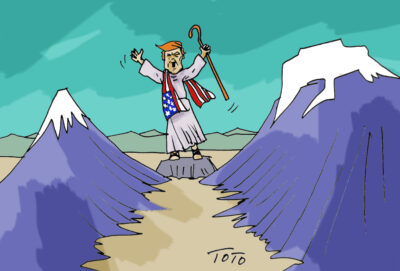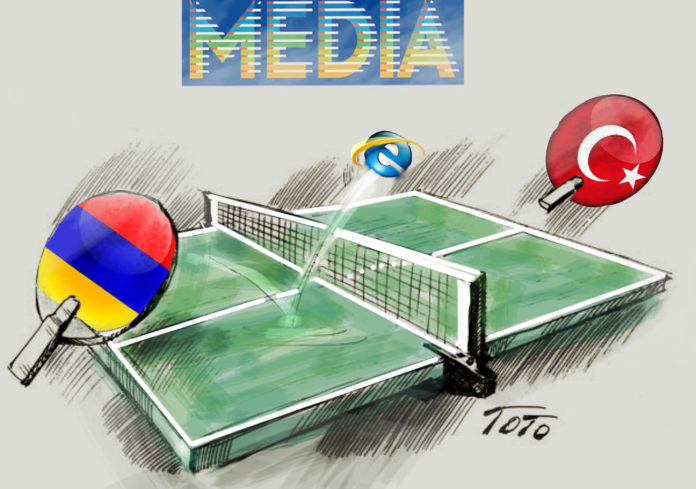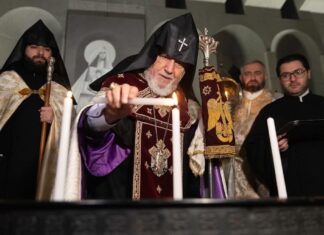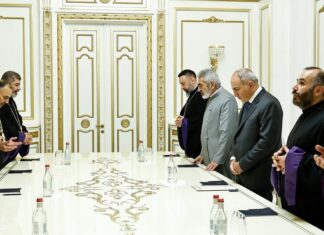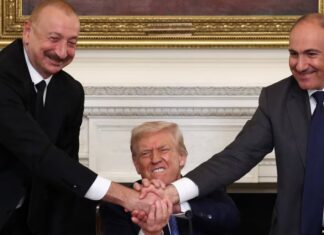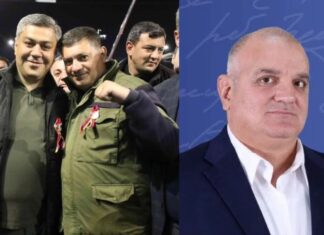After Azerbaijan was dealt a defeat by Armenian forces following the former’s surprise attack on Armenia, it dealt itself another self-inflicted wound by threatening to bomb the Metsamor Nuclear Power Plant in Armenia.
That statement put a severe dent in its media campaign machinery in defense of its aggression against Armenia’s Tavush region.
There is much speculation in global media outlets about the cause of this flare-up at this particular junction. Many analysts believe that the Azerbaijani attack was an initiative to test Armenia’s military treaty with the Collective Security Treaty Organization (CSTO) countries, whose signatories are Russia, Armenia, Kazakhstan, Kyrgyzstan, Tajikistan, and Uzbekistan.
However, there are also indications that Azerbaijan is experiencing painful domestic unrest, which has led President Ilham Aliyev to force public discourse toward the enemy outside its borders.
Whatever the reason for the unprovoked attack on July 12, Azerbaijan suffered a setback and a humiliation which it is trying to neutralize through a media war, combined with political actions.
On the Armenian side, this unwelcome war boosted the morale of the people and its armed forces, along the awakening of worldwide diasporan solidarity which was expressed through political demonstrations, media coverage and push for legislative actions.
